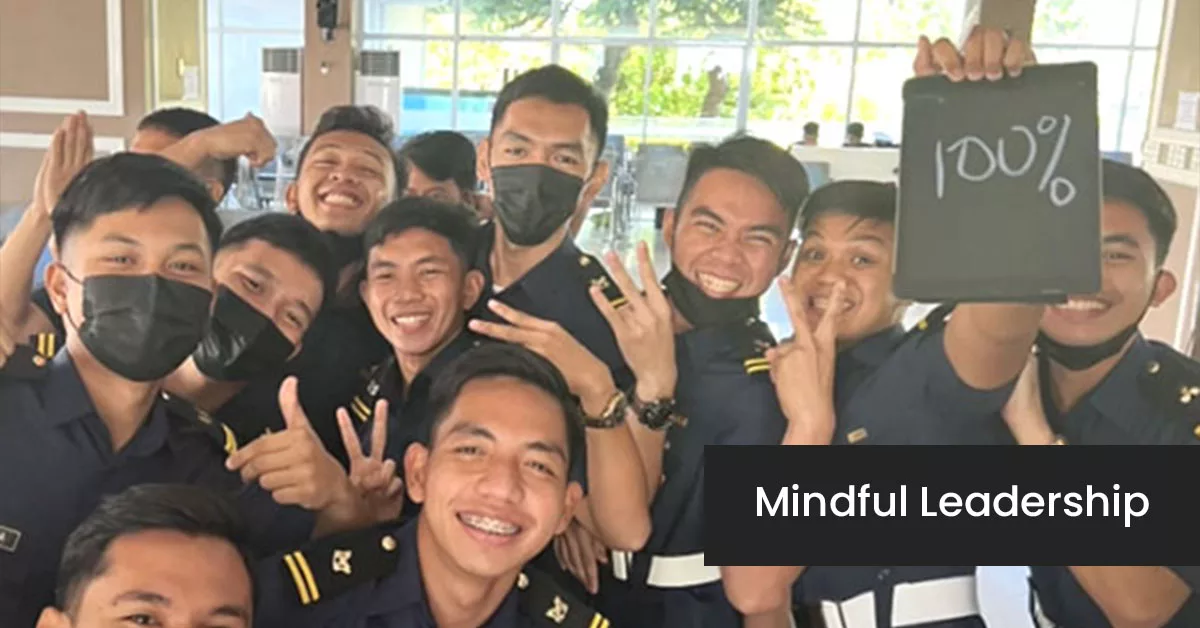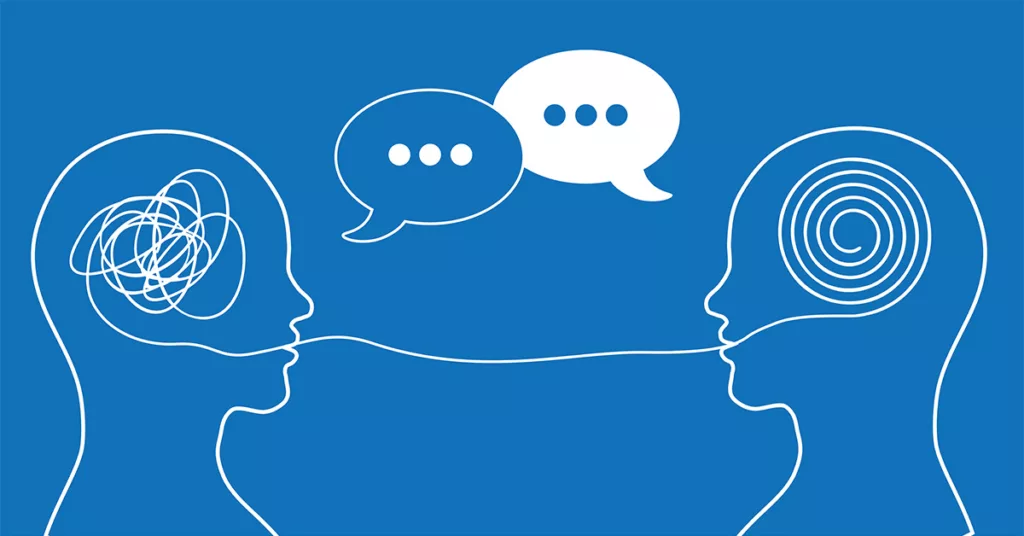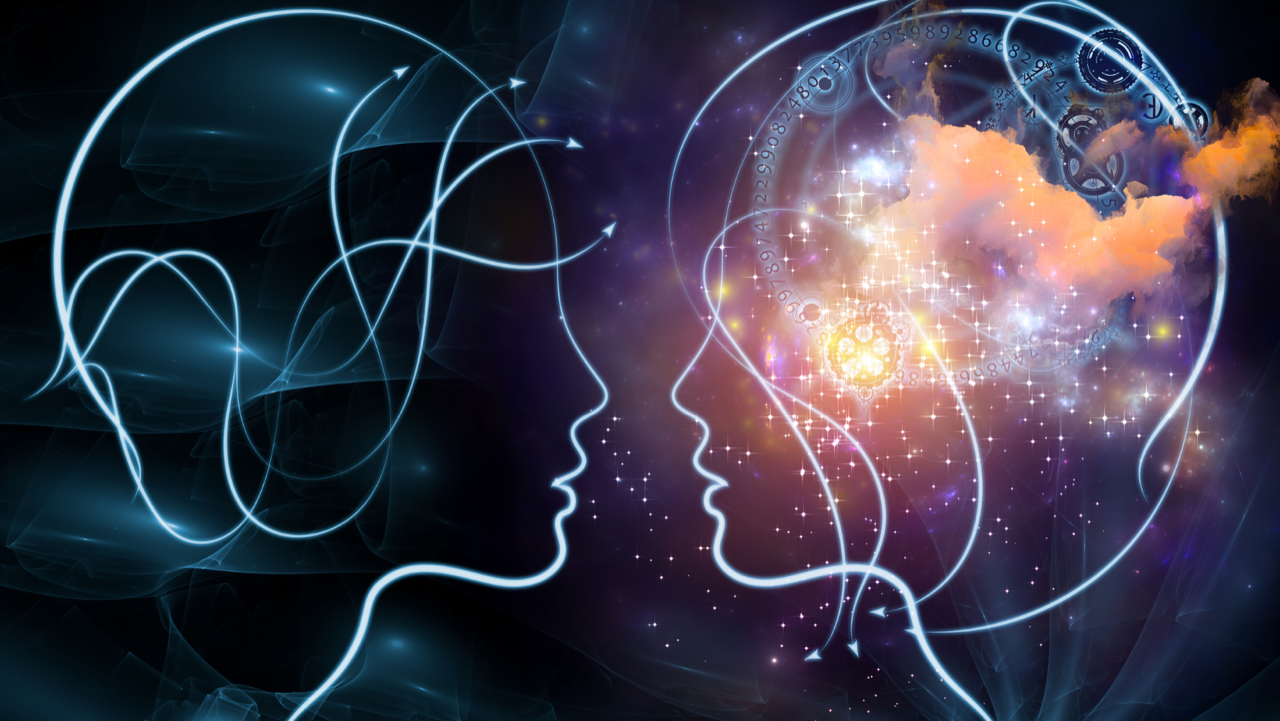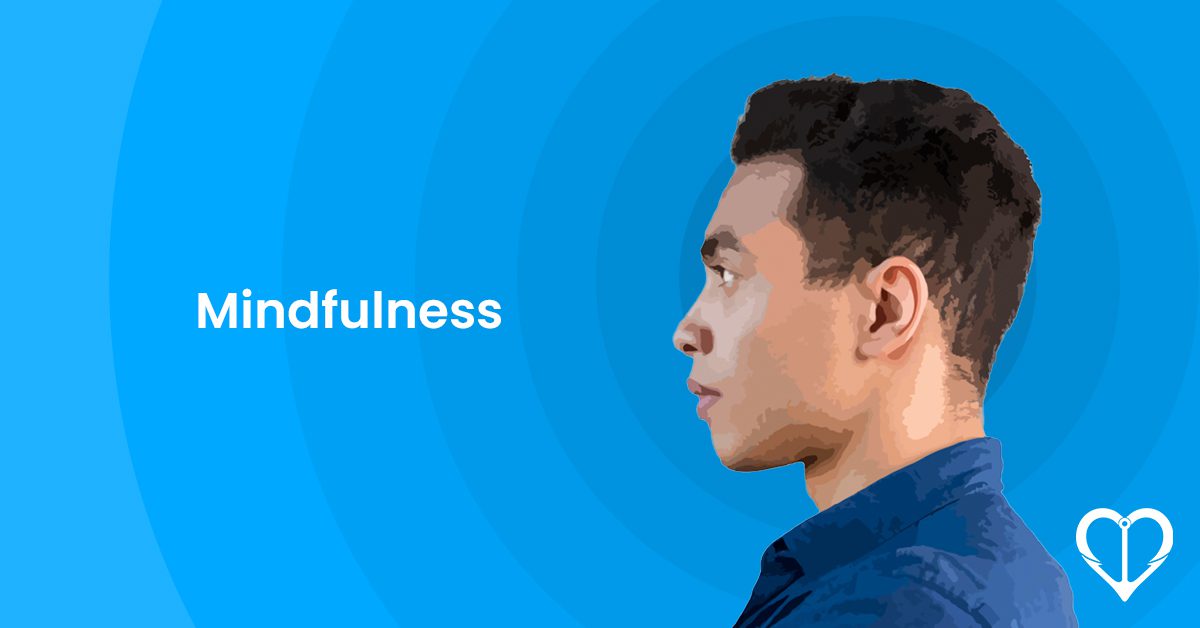
Mindful Leadership – Critical Skills for the Next Generation of Seafarers
“Mindfulness is a tool we can use to ensure that we humanise the way that we work in this generation and for many generations to come.” Gisa Paredes
Gen Z (born circa 1997 – 2012) is the largest generation on earth, encompassing almost 30% of the world’s population. The traits that define this generation will reshape seafaring’s future, from the integration of digital technology to its social norms.
As digital natives, Gen Z are born with technology at their fingertips and use information as a commodity to reshape the world in which they live and work. Most significantly, this generation will be remembered and recognised for their search for the truth; the high value they put on individual expression and acceptance, removing labels and living life both pragmatically and ethically.
Like it or not, Gen Z is going to change the future of seafaring.
With this in mind, we shared our thoughts on embracing change through Mindful Leadership in a presentation at Crew Welfare Week.
What are the challenges?
Generational differences within the maritime sector are vast and styles of leadership poles apart. The top-down power-reliant generations before the 90’s drove teams to ‘perform and follow’. Leaders of Gen Z will need to entice, inspire, and move people by introducing a sense of purpose. To do so, they will not only need to be strong leaders but first have a clear sense of self and of how the future should be.
There are two main challenges for our industry.
First is merging the ideology of Gen Z into an intergenerational workplace divided by an ocean of IT. The only way to do this is for future leaders to digitise AND humanise by showing up authentically to connect with a range of people. They need to become skilled communicators and mentors and learn to navigate diversity such as gender, background, sexuality and age.
Second is the requirement to equip our leaders and seafarers with skills to cope with rapid change and use information as a tool for growth, learning to filter out unnecessary ‘noise’ to avoid becoming overwhelmed. The struggles with handling ‘information overload’ are known as ‘Filter Failure’, a term coined by American writer Clay Shirky (2008). Being unable to filter out unnecessary information prevents us from concentrating and being creative, and makes us more indecisive, unproductive and unable to think long-term, leading to stress and burnout.
What is the answer?
This is where mindfulness comes in. It is the best way to tackle both filter failure and the humanisation of our industry.

The research on mindfulness is extensive and the possibilities far-reaching; from an increase in job performance, attention and concentration, to improvements in leadership qualities. Research has provided insight into how it can make leaders more effective at managing complex issues, as well as solving many difficult problems.

Mindfulness can solve problems through leadership and communication.
- Employee stress and burnout
- Managing increased disruptions and interdependencies
- Counteracting inequalities
- Developing ethical and transformational leadership qualities
SOURCE: Ehrlich, 2017 (Mindful Leadership: Focusing leaders and organisations.); George, 2012 (Managing Yourself Mindfulness Helps You Become a Better Leader.); Sauer, S., & Kohls, 2011 (Mindfulness in Leadership: Does Being Mindful Enhance Leaders’ Business Success?)
So, what is mindfulness and how does it work?
- Mindfulness is a skill taught over several weeks to help the practitioner develop a way of being in the world.
- It is defined as a form of paying attention on purpose to a particular thing – NON-JUDGMENTALLY.
- Mindfulness lets us take ownership of our behaviours, thoughts, emotions and body sensations – differentiating what is ours and what is from others.
- It allows us to look at our different emotional states to understand how they colour experiences, and how experiences colour thoughts.
- Mindfulness practice is known to strengthen a region in the brain (Anterior Cingulate Cortex) that helps us better empathise with others. This means better self-awareness which leads us to better ‘other awareness’ as well as an increased understanding of the needs of diverse groups.
- It can allow us to look at the same reality differently and come alive with intentions – at work, in relationships, in hobbies and conversations.
- Mindfulness teaches us to become aware of our impulses and RESPOND rather than REACT.

In late 2022, we created the first-ever Mindful Leadership Program for Cadets, in partnership with IMEC (International Maritime Employers’ Council). This 9-part program was designed specifically for future maritime leaders, equipping them with leadership skills and mental resilience to manage the stressors of life at sea and become leaders of the future before they leave the shore.
Like all the essential elements of well-being, such as healthy eating, exercise and being part of a community, mindfulness is a skill that can be learnt and practised. At WellAtSea, we teach all the elements of wellness, including mindfulness, through theory, skills, individual/ community practice and gamification. We support, encourage and reward every seafarer as they go.
Sustainable behaviour change doesn’t happen overnight but we know that if we work with cadets from day one, mindfulness is a skill that they can integrate into their daily lives. They learn to practise it to strengthen and build the power of their minds, keeping them mentally healthy and resilient from day one.
What the Mindful Leadership Program at IMEC Revealed.
Qualitative data collected from the cadets before and after the program showed that their ability to cope with their environment, through sustainable changes to their behaviour and cognition had improved greatly over the last 6 months.
This included more positive interactions/ socialisation amongst the group and recognition of positive changes amongst peers. They became more able to utilise stress-coping mechanisms in their everyday life and integrate these into routines in spite of the challenging training environment. This enabled them to foresee how being mindful would be useful to their career and life on board regarding relationships, safety and ship operations as well as how it can actively improve their life outside of work. The Cadets significantly improved their leadership and communication skills among peers, setting them in good stead for creating better bonds with current and future colleagues at sea.

Is mindfulness necessary?
Mindfulness is a critical skill for the future of shipping. It is necessary to combat the vast amount of information that the digital age brings, improve critical thinking, and HUMANISE how we work, now and in the future.

If you’d like to learn more about mindful leadership click here to read our blog on 10 Powerful Reasons Every Seafarer Should Learn Mindfulness. To discuss how we can work together to create a program for your seafarers or cadets, contact marketing@wellatsea.com.
- Tags:
- Share:


No Comments Found